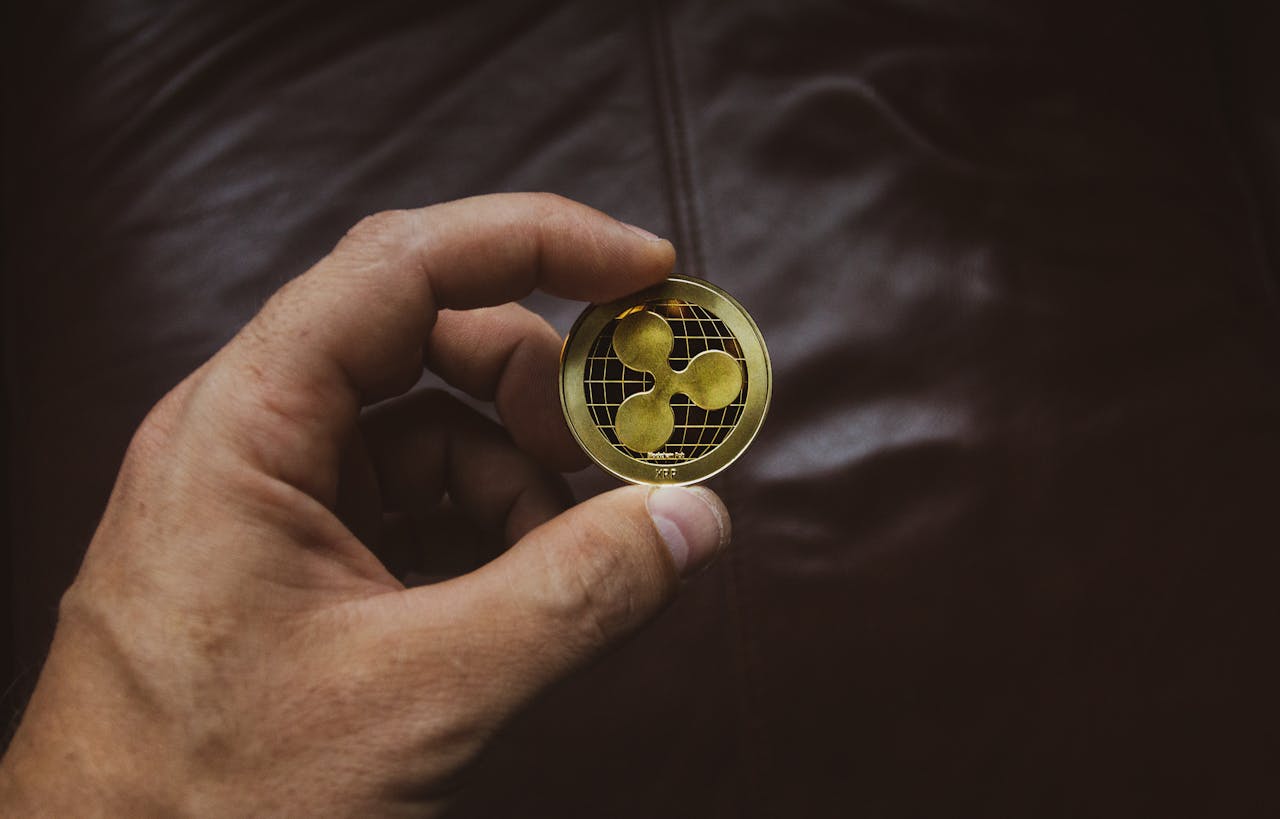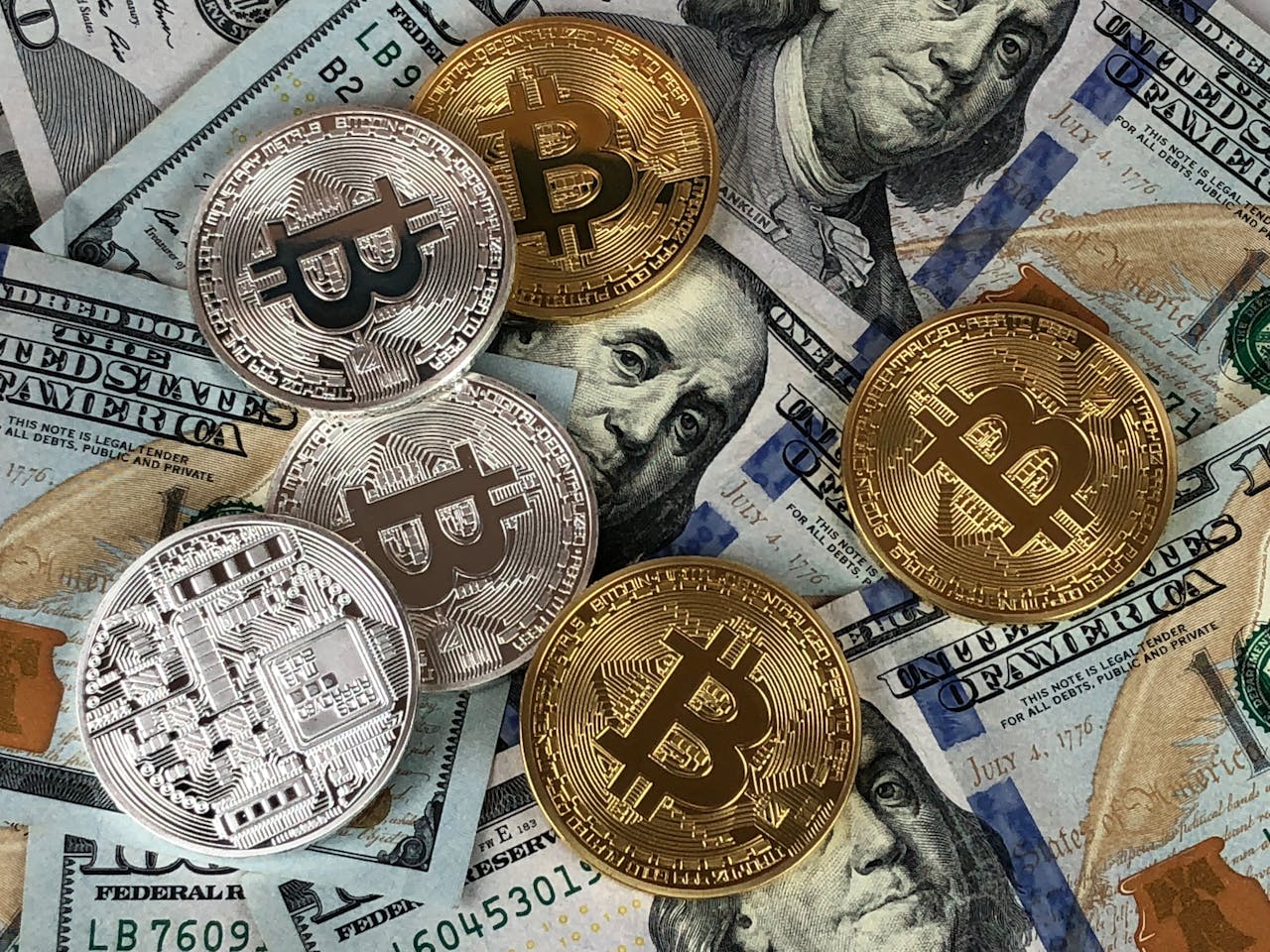As the world of cryptocurrency continues to grow, so does the importance of keeping your digital assets safe. With the rise of cyber threats, hacks, and scams, safeguarding your crypto wallet has never been more critical. Whether you’re a seasoned investor or new to the crypto space, understanding the best tools and platforms for securing your assets can save you from significant losses. In this blog post, we’ll explore some of the top methods and platforms to protect your cryptocurrency wallet effectively.
1. Hardware Wallets: The Gold Standard of Crypto Security
One of the most secure ways to store your cryptocurrency is through hardware wallets. These are physical devices, like USB drives, that store your private keys offline, away from the reach of online hackers.
Top Hardware Wallets:
- Ledger Nano X: Known for its advanced security features, the Ledger Nano X offers Bluetooth connectivity and supports over 1,800 cryptocurrencies. With a secure chip and two-factor authentication, it’s a top choice for serious investors.
- Trezor Model T: Trezor is another reputable name in the hardware wallet space. The Model T comes with a touchscreen interface, Shamir backup for recovery, and supports over 1,000 digital assets.
Why Use Hardware Wallets?
Hardware wallets are immune to online hacking attempts because they store your keys offline. Even if your computer is compromised, your crypto assets remain safe.
2. Software Wallets: Flexibility with Strong Security Measures
Software wallets are applications or programs that allow you to manage your crypto holdings from your computer or smartphone. While not as secure as hardware wallets, they offer greater convenience and flexibility.
Top Software Wallets:
- Exodus: A user-friendly desktop and mobile wallet with built-in exchange features. Exodus supports a wide range of cryptocurrencies and has a clean, intuitive interface.
- Electrum: Designed specifically for Bitcoin, Electrum is lightweight and fast, offering advanced features like multi-signature support and hardware wallet integration.
Security Tips for Software Wallets:
- Always keep your software up to date to protect against vulnerabilities.
- Use strong, unique passwords and enable two-factor authentication (2FA) wherever possible.
- Consider using wallets that offer multi-signature functionality, which requires multiple approvals before a transaction is executed.
3. Cold Storage: The Ultimate Offline Solution
Cold storage refers to keeping your private keys completely offline, typically by storing them on a device or piece of paper that is not connected to the internet. This method is ideal for long-term storage of large amounts of cryptocurrency that you do not need to access frequently.
Popular Cold Storage Methods:
- Paper Wallets: A paper wallet is simply a physical piece of paper containing your private keys and public addresses. While secure from online attacks, you must store it safely (e.g., in a fireproof safe).
- Air-gapped Computers: Some investors use computers that have never been connected to the internet to generate and store their keys. This method requires technical knowledge but offers a high level of security.
4. Multi-Signature Wallets: Extra Layers of Protection
Multi-signature (multi-sig) wallets require more than one private key to authorize a transaction. This adds an extra layer of security, making it harder for hackers to access your funds.
Platforms Offering Multi-Signature Wallets:
- BitGo: A leading provider of multi-signature wallets, BitGo supports both individuals and institutions with robust security and custody solutions.
- Casa: Casa offers user-friendly multi-signature wallets, emphasizing security and ease of use, perfect for those less technically inclined.
Why Multi-Signature?
Multi-signature wallets are ideal for group accounts or joint ventures, where multiple parties need to approve transactions. They reduce the risk of theft from a single compromised key.
5. Secure Crypto Platforms: Enhanced Safety for Trading and Storage
Some cryptocurrency platforms go beyond just offering storage. They provide a full suite of security features, including insurance, cold storage options, and two-factor authentication.
Top Secure Crypto Platforms:
- Coinbase: One of the most popular exchanges, Coinbase offers insurance on digital assets stored in hot wallets and keeps the majority of funds in cold storage. It also provides security features like 2FA, withdrawal whitelist, and biometric login.
- Gemini: A US-regulated exchange with a focus on security, Gemini offers insurance, hardware security modules, and withdrawal controls. It’s a great choice for both beginners and experienced traders.
6. Use a Password Manager: Stronger Protection Against Phishing Attacks
A password manager is an essential tool for managing the numerous and complex passwords required to keep your crypto secure. It helps you create strong, unique passwords and stores them securely.
Popular Password Managers:
- LastPass: Offers a free plan with essential features and a premium plan with advanced options like dark web monitoring and emergency access.
- 1Password: A robust password manager with cross-device syncing, secure sharing, and encrypted storage for sensitive documents.
7. Backup and Recovery: Always Be Prepared for the Unexpected
Regular backups of your wallet and private keys are crucial in case of device loss or failure. Most wallets will offer a seed phrase — a series of words that can recover your wallet. Make sure to store this seed phrase securely, preferably offline, in multiple physical locations.
8. Stay Informed: Awareness is Key
Lastly, staying informed about the latest threats and security practices in the cryptocurrency world is vital. Follow reputable crypto news sites, subscribe to security updates, and be cautious about phishing attempts, scams, and suspicious emails.
Conclusion
Safeguarding your cryptocurrency wallet requires a combination of the right tools, platforms, and security practices. From using hardware wallets and multi-signature solutions to leveraging secure exchanges and password managers, a layered approach is your best defense against potential threats. Remember, in the world of digital assets, security is not a one-time setup but an ongoing process. Stay vigilant, stay informed, and keep your crypto secure!
By following these steps, you can enjoy the benefits of cryptocurrency without worrying about the safety of your assets. Happy investing!


